Exercises for Elderly Gentlemen – Part One
If you are a carer of an elderly gentleman, you may not be aware of the importance of exercises. In fact, whether he is an elderly loved one or a client, you are the best person to monitor this subject. Further, the government estimates that only approximately one in 10 Australians exercises regularly. However, the experts agree that exercising, at any age, is essential for good health.
Here at Vermont Aged Care, we have many years’ experience caring for the elderly. In fact, we know that keeping them active and mobile is essential for their well-being. That is why we are happy to pass on some tips that we hope you will find helpful in your job. For example, did you know it has been said that much of the physical decline associated with ageing could be linked to a lack of physical activity. This could include things such as reduced muscle mass, resulting in loss of strength and physical endurance? Reduced coordination and balance may result in nasty falls. Reduced joint flexibility and mobility may result in stiffness and pain. In turn, this would lead to an inability to join in family activities and community social events. This in turn could lead to isolation and loneliness.
Side effects
Reduced cardiovascular and respiratory function might affect the elderly person’s ability to walk. Not only could that lead to excessive sedentariness, but a loss of the benefits of fresh air and contact with nature. A reduction in bone strength could lead to osteoporosis and susceptibility to fractures. Further, a lack of physical activity may result in an inability to burn calories and obesity. The chain reaction may then introduce the danger of diabetes, high blood pressure, cardiovascular disease and even strokes.
Therefore it stands to reason that bad health in old-age may lead to anxiety and depression. This is to be expected because quality of life is diminished by chronic pain and illness, especially noted in the elderly.
There are many reasons why some elderly people stop exercising. If they have been ill or have suffered an injury, or had surgery. They might feel that they are not up to physical exercise. They may fear a negative outcome. Or they might find it boring and prefer to sit and read or watch TV. Nevertheless, it is your job to convince them of the importance of regular exercise, for their good.
The best approach
After an initial, tactful conversation on the subject, schedule a visit to their GP. This will reassure them and answer any professional medical questions they need answers to. Next, sit down with them and ask them what if any exercises they have done in the past that they used to enjoy. For instance, would they like to go to a gym, or would they prefer to exercise at home, perhaps assisted by a professional. They might choose to buy some gym equipment and work out at their own pace, from home. That would be okay too as long as it is done on a regular basis.
According to experts on the subject, four types of activity are needed to keep the elderly healthy.
- Moderate Activities – for their heart, lungs and blood vessels
- Strength Activities – to help maintain bone strength
- Flexibility Activities – to help them move more easily
- Balancing Activities – to improve their balance and help prevent falls.
See the link at: https://www.betterhealth.vic.gov.au/health/healthyliving/physical-activity-for-seniors. This will give you all the various exercises under the above categories.
Generally speaking, gentlemen usually enjoy going to gymnasiums. In fact they might have attended regularly in their younger days, so they do not feel intimidated. Furthermore, men being less shy than ladies, this social contact may prove very enjoyable for them. The machines available at gymnasiums are helpful and easy to use. Also, there are always people on hand to help and give advice. You could drop them off and return for them later in complete safety.
Part 2
In part two of this series about exercising we will tell you about the benefits to be gained. Please watch for this blog as it will complete the picture of the importance of exercising for the elderly.
From our extended family here at Vermont Aged Care, keep safe and well until we speak again.
Recommended reading:
- Choose health: Be active: A physical activity guide for older Australians
- Council on the ageing
- Healthy active Australia
- Heart foundation, Australia
- Seniors information service
- Victoria Walks
Links
https://www.betterhealth.vic.gov.au/health/healthyliving/physical-activity-for-seniors
This blog is intended to provide helpful advice. Please speak with your family GP for personalised information or, for specialist advice & support in Melbourne Australia, please contact VERMONT AGED CARE:
770 Canterbury Road, Vermont, Victoria, Australia 3133
Phone: +61 03-9873 5300. Email: info@vermontagedcare.com.au


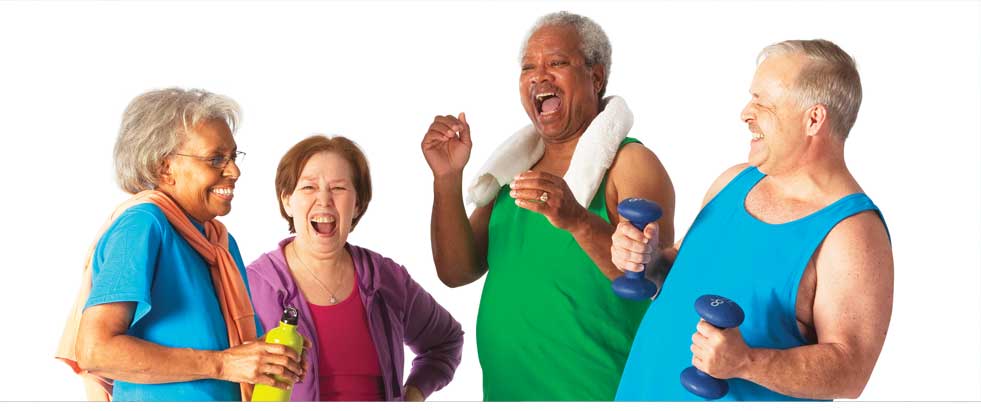
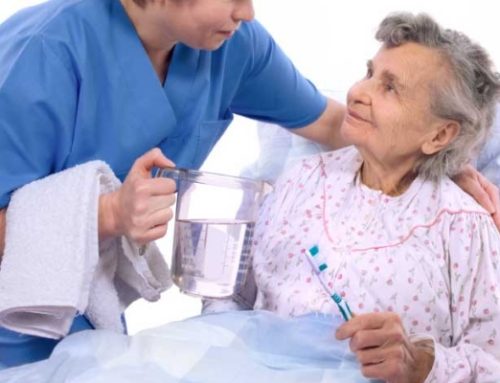
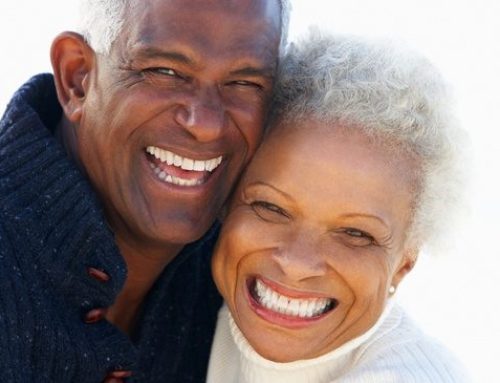
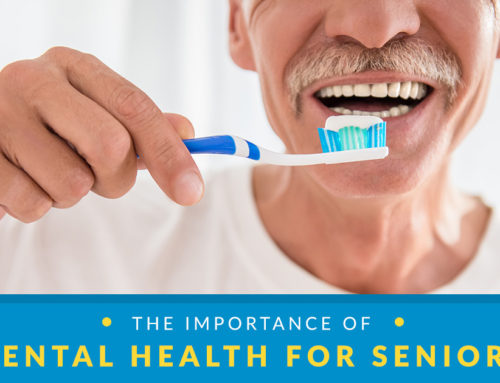
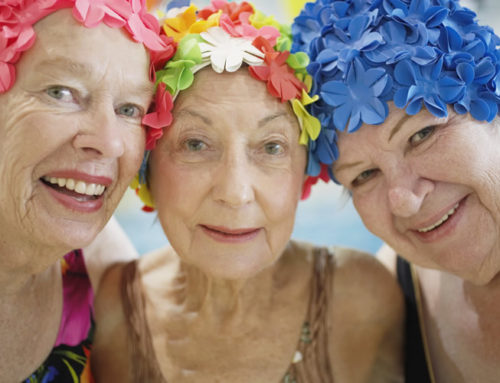
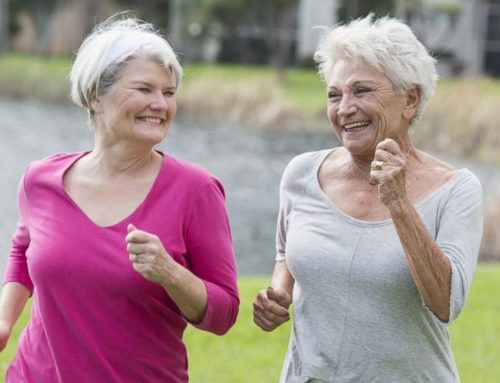
Leave A Comment